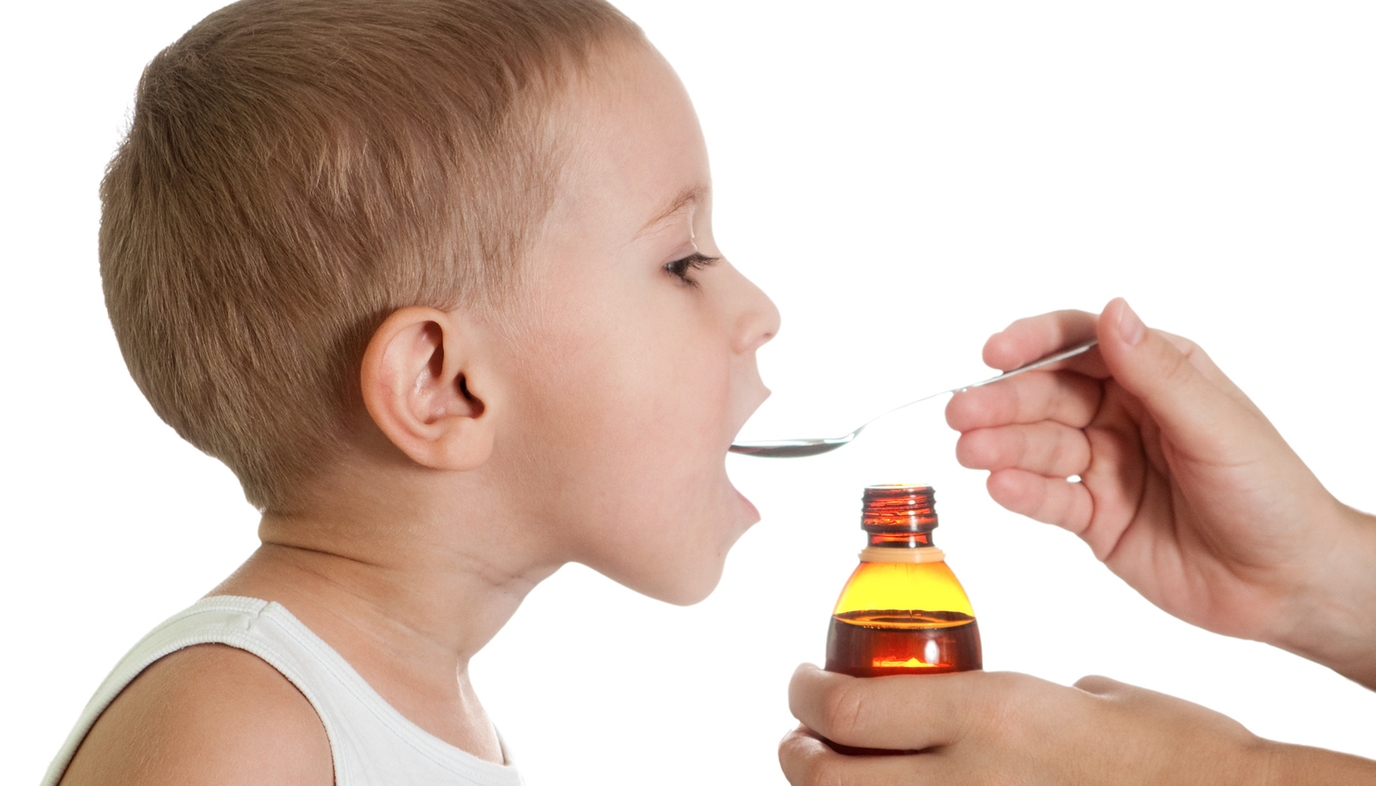
01 Dec Over The Counter Medication for Kids
3 min. readA sick child can be any parent’s worst nightmare. Nothing is as heartbreaking as seeing your little one coughing, sneezing, or running a fever. When this happens, it typically means it’s time to head to the pharmacy to find medications that will help your kid feel better. However, not all over-the-counter, or OTC, medication is created equal, and not every product may be appropriate for your child and their situation.
This can be overwhelming for any parent. This is why we have created a comprehensive guide for parents to use when shopping for OTC medication for their kids.
Pain-Fever Medications (Antipyretics)
If your child is experiencing a fever or pain, typically an antipyretic will do the trip. This type of medication blocks biological pathways that produce proteins in our bodies that create fevers. They can also help with the pain. There are a few common antipyretics out there, some of which you may already have in your medicine cabinet.
– Tylenol, or Acetaminophen- Is the most prescribed option for children. You can also get it over the counter. Tylenol is typically safe for children. However, many coughs and cold medications already have Tylenol in them, so if you are giving multiple medications, check the label and make certain you aren’t overdosing with Tylenol.
– Motrin, or Ibuprofen- This medication is generally quite safe, but shouldn’t be used in babies under six months, or any children with chronic kidney issues.
– Aleve, or Naproxen- In some rare cases, Aleve will be prescribed to children with chronic inflammatory conditions, but in general it is not for children under 12 years old. If your young child has a fever or general pain, there are better options.
Aspirin is another common antipyretic, but you should never give a child aspirin because of the rare side effect called Reye’s Syndrome.
Make sure to pay close attention to the dosage instructions on the back, as they will be different for children. If you are working to control a fever, start by giving Tylenol every three hours until the fever is under control.
Cough Medications
Besides fevers, coughs are some of the most common health issues children face. Coughs, particularly in our current climate, can be troublesome for parents. If your child is under the age of four, the American Academy of Pediatrics does not recommend cough or cold medicine. If your child is older than this, there are several over-the-counter kid-friendly cough medications to try. Just make sure it is “kid-friendly.”
But what do you do if your child is under the age of four? There are several cough treatments parents can try. This includes:
– Humidifiers or streamy showers to break up mucus.
– Honey mixed with milk, tea, or warm water (do not give to infants under the age of one)
– Saline nasal drops or sprays to flush out the cavity and moisturize your nasal passages.
– Nasal aspirators or “bulbs” for kids who can’t blow their noses.
Of course, if their symptoms seem severe, or life-threatening, or if over-the-counter medications don’t seem to be helping, you should instead take your child to the doctor. There may be something more serious going on, or you may need additional prescription medication to get your child feeling better.
So many parents today struggle when it comes to choosing the right over-the-counter medications for kids. If you are worried about a certain product or feel uneasy about a medication, always contact a pediatrician first instead of risking it. If you have questions about medications or a specific ailment, call to make an appointment with us here at Continuum Pediatrics today by calling 817-617-8600.

